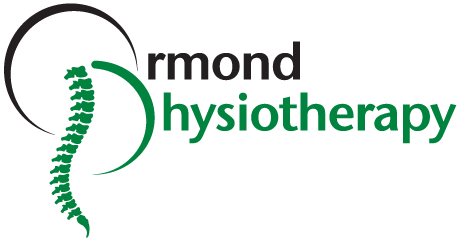This AFL season is no different to those that have come before, concussion is still a serious injury which can occur. Although there are now new protocols to protect players health, it’s important to know the signs and symptoms of concussion to avoid further issues.
What is Concussion?
Concussion is an acute brain injury that occurs when force is transmitted to the head and the brain is shaken inside the skull, causing tissue and blood flow damage. A concussion might happen as a result of a direct blow to the head or an indirect force, such as whiplash. Loss of consciousness often occurs with some concussion incidents.
Signs and Symptoms of concussion may include headache, dizziness, balance problems, nausea/vomiting, fatigue, light sensitivity, confusion and blurred vision. Common problems that can occur after a concussion are neck pain, concentration difficulty, anxiety, stress, and mood swings.
Initial management of concussion should include seeking of immediate medical care, avoiding further trauma to head, and immediate cessation of all activities/work/sport.
How is it Diagnosed?
Concussion is best assessed and diagnosed by a treating clinician at Ormond Physiotherapy, who a series of questioning and tests to determine the extent of injury. Concussion is easy to miss because diagnostic imaging such as MRI or CT Scans is usually normal. Your health care professionals at Ormond Physiotherapy specialize in using the latest concussion assessment tools to determine:
- Severity of concussion
- Indications for emergency management
- Symptom evaluation
- Neck and Balance examination
- Co-ordination Examination
Because concussions often vary in severity, your assessment and examination at Ormond Physiotherapy is essential to determine individual symptoms and limitations. The Physiotherapy is then able to design a treatment program.
How is Concussion Treated?
Management and treatment should occur almost immediately after concussion and advice followed until fit and the injured are cleared to return to sport.
Neck problems, including pain, reduced range of motion, and muscle tightness are very common following a concussion. Your physiotherapist can assist in resolving these issues and associated headaches with manual therapy, soft tissue management and stretching/strengthening exercises. It’s important that you follow the recommendations of your clinician at Ormond Physiotherapy so that you can achieve the greatest amount of recovery in the shortest amount of time.
To book an appointment you can call our friendly team on 9578 6588 or click the button below.

